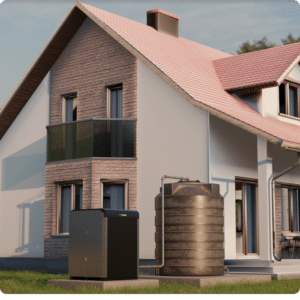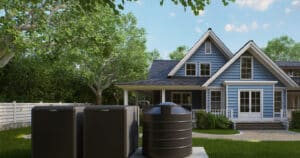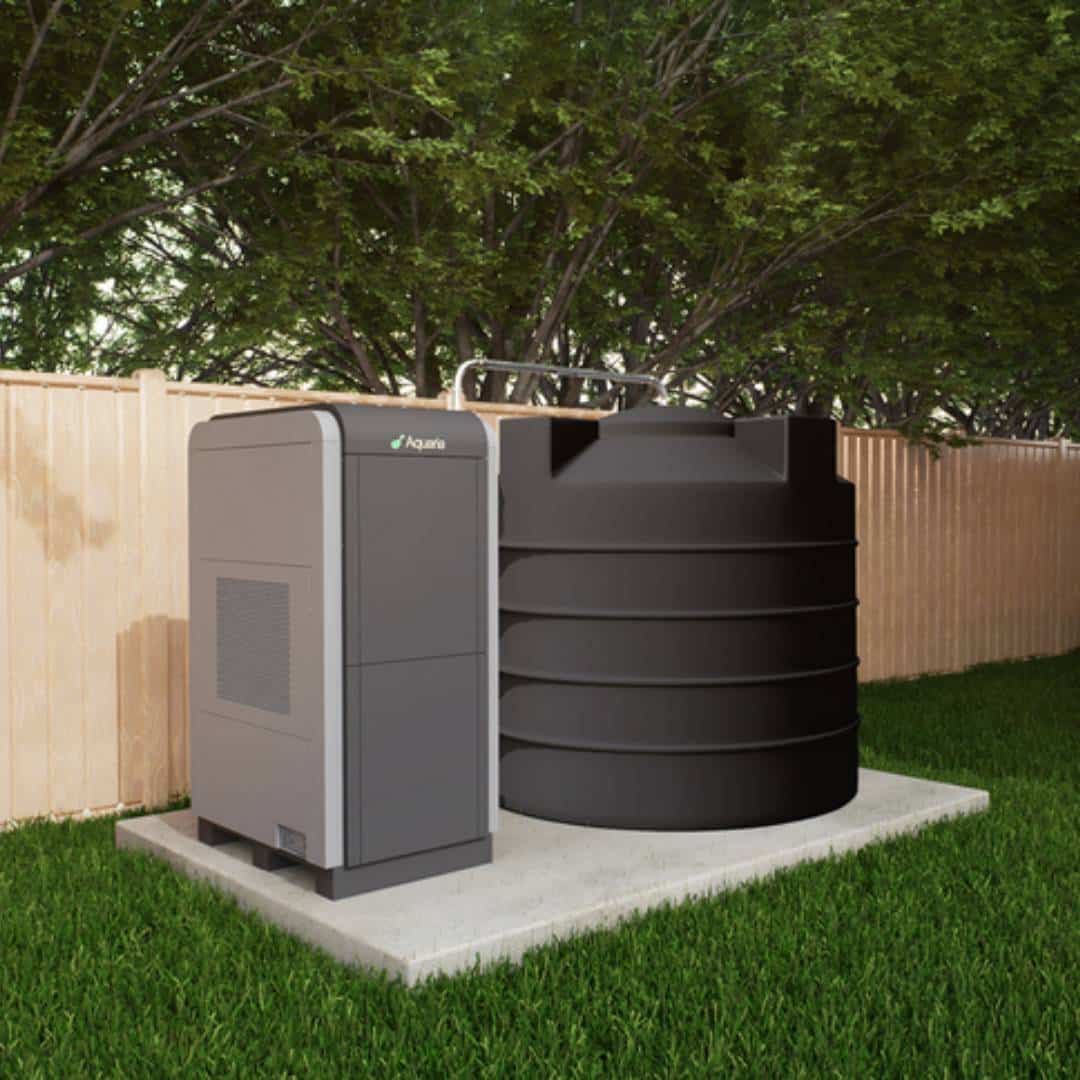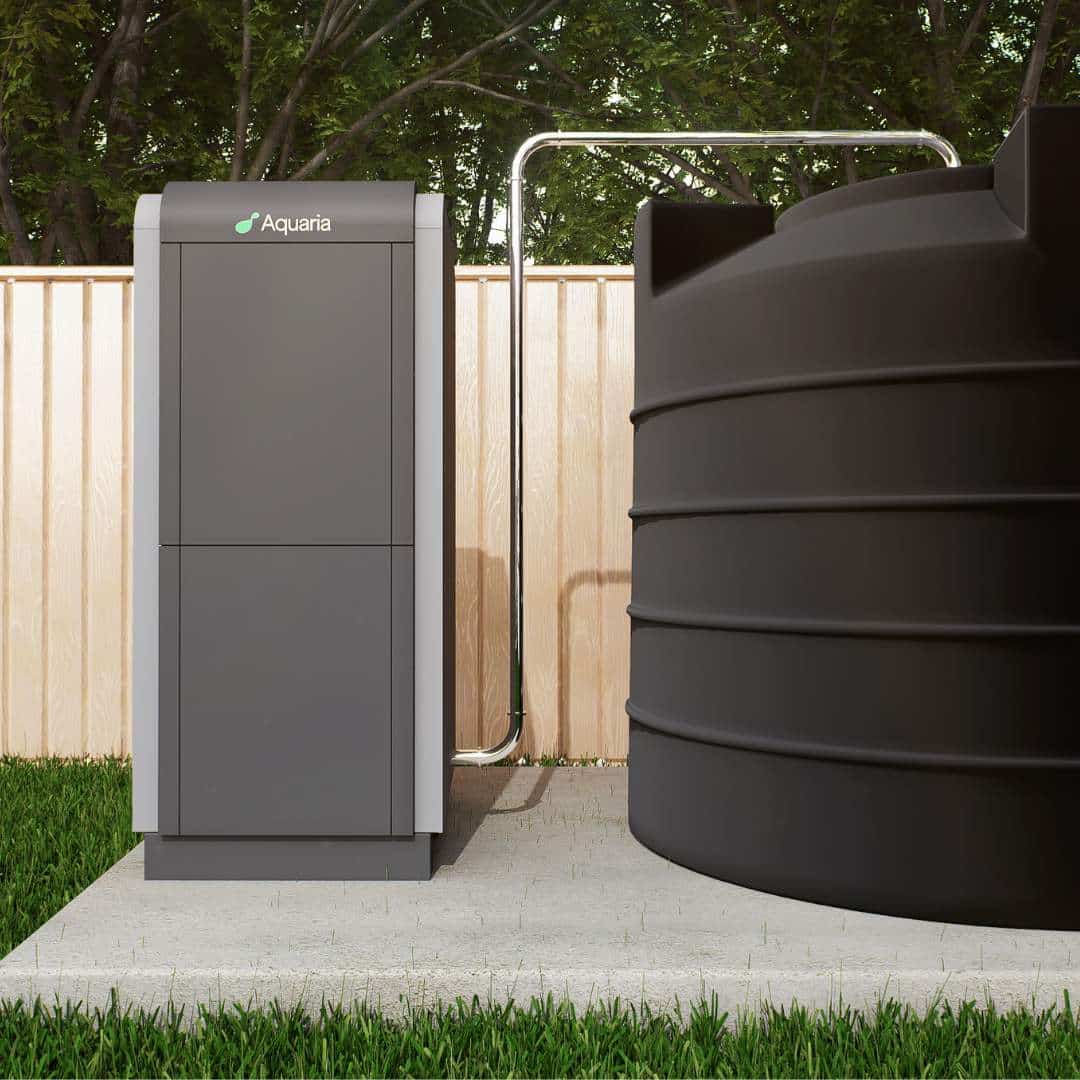Hydropack vs. Genesis Water Cube: Ultimate Air-to-Water Dispenser Comparison

The pursuit for clean, accessible water is more critical than ever. The demand for sustainable and innovative water solutions is on the rise and atmospheric water generators have emerged as vital tools for securing a reliable water supply.
Among the top contenders in the atmospheric water generation market are the Aquaria Hydropack and the Genesis Water Cube WC-100. As this technology gains traction, it’s crucial to understand the differences between available options.
Let’s explore how the established Aquaria Hydropack stacks up against the newly introduced Genesis Water Cube WC-100.
Overview of Aquaria Hydropack and Genesis Water Cube WC-100
Aquaria Hydropack
Aquaria has made a name for itself with the Hydropack, a robust and efficient atmospheric water generator designed for high performance. The Aquaria Hydropack produces 132 gallons of water per day, making it suitable for both residential and commercial use. Priced at $17,499, it offers a cost-effective solution without compromising on quality or efficiency.

Genesis Water Cube WC-100
The Genesis Water Cube WC-100 is a recent entrant, debuting at CES in January 2024. Genesis Systems uses an innovative hybrid cooling desiccant system to produce water from the air. While Genesis has an impressive background, their product is still in the pre-order phase, with no units currently available for consumer testing. The Water Cube WC-100 is priced at $20,000 and promises a production capacity of 120 gallons per day.
Detailed Comparison
Production Capacity
One of the most critical aspects of any atmospheric water generator is its water production capacity. The Aquaria Hydropack outshines the Genesis Water Cube WC-100 by producing 132 gallons per day compared to Genesis’s 120+ gallons per day. This 10% higher production rate can be a significant advantage in areas with high water demand.
While Genesis hasn’t disclosed specific energy efficiency figures, the available information suggests that the Water Cube WC-100 is less efficient than the Hydropack. Both units have similar electrical specifications, yet the Hydropack produces significantly more water, directly implying superior energy efficiency for the Aquaria Hydropack.
Pricing and Value
Pricing is also a crucial factor for many consumers. The Aquaria Hydropack is priced at $17,499, making it more affordable than the Genesis Water Cube WC-100, which costs around $20,000. Considering the higher production capacity and lower price, the Hydropack offers better value for money.
Design and Build
Both Aquaria Hydropack and Genesis Water Cube WC-100 have distinct design philosophies. The Genesis Water Cube WC-100 boasts a sleek, printer-like design that has won several awards despite not being market-tested.
The Aquaria Hydropack is designed with a focus on efficiency and ease of use. While Genesis offers a visually appealing design, Aquaria prioritizes practical functionality to effectively meet everyday needs.

Performance and Efficiency
Efficiency is paramount in choosing the best atmospheric water generator for your needs, as it directly impacts operational costs and environmental footprint.
The Aquaria Hydropack operates at an energy efficiency rate of ~240 Wh/L, producing water with a 8% higher efficiency compared to the Genesis Water Cube WC-100. Additionally, the Hydropack’s components are optimized for performance, resulting in less empty space and more efficient water production.
Features and Technology
Aquaria Hydropack features:
- Water Production: 132 gallons per day
- Operating Temperature: 15 – 43°C
- Operating Humidity: ≥ 25%
- Energy Efficiency: 240 Wh/L
- Water Storage: 280 liters
- Smart Systems: Auto fault detection, remote monitoring, built-in auto safeties, auto performance optimization
Genesis Water Cube WC-100 features:
- Water Production: 120 gallons per day
- Smart Features: Remote monitoring via app, EMP protection
In summary, below are the pros and cons of using Genesis Water Cube WC-100:
Pros:
- Superior performance in cooler, drier conditions
- Effective water extraction at lower temperatures and humidity levels
- Outperforms traditional cooling-based AWGs in challenging environments
Cons:
- Higher manufacturing costs due to expensive desiccant materials
- Significantly higher retail price compared to other atmospheric water generators
- Less energy-efficient in warm, humid climates
- Higher electricity consumption in tropical conditions compared to cooling-based AWGs such as Aquaria products
- Potentially higher operating costs for users in hot, humid regions
Aquaria Hydropack –Real-World Usability and Success
The Aquaria Hydropack is designed for practical, everyday use, providing reliable water production under various conditions. Its proven track record with satisfied customers attests to its functionality and dependability. The Genesis Water Cube WC-100, while promising on paper with software features such as EMP protection and app-based monitoring, has yet to prove its capabilities in real-world scenarios.
When it comes to choosing an atmospheric water generator, the Aquaria Hydropack stands out as the superior choice. With a higher production capacity, better value for money, and proven efficiency, it meets the needs of both residential and commercial users effectively. The Genesis Water Cube WC-100, although visually appealing and laden with potential features, falls short due to its untested nature,lower production capacity, and unclear time to market.
If you are looking for a reliable, cost-effective, and high-performing atmospheric water generator, the Aquaria Hydropack is your best bet. It not only delivers more water at a lower price but also ensures you get the most out of your investment with its robust design and smart features.
Subscribe to our newsletter and stay informed about the latest advancements in atmospheric water generation technology.

